Vega Protein Review
Table of Contents
About Vega
Vega is a plant-based nutrition brand. Its clean, protein-packed powders and snacks boast high vitamin and mineral profiles to help you meet your goals in the gym and the kitchen.
Now, why should you care that it is plant-based? How will a plant-based shake help you reach your health goals?
A review article states that vegetarian plant-based diets can reduce mortality related to coronary heart disease, diabetes, stroke, and chronic kidney disease. If you are an athlete, listen up.
With over 500k followers on Facebook and a ton of features in high-profile publications like Healthline and Good Housekeeping, the brand has proved itself. And, it has done so not only in the vegan world but with anyone looking for a delicious, nutritious protein option.
The story of Vega is simple and it starts with the classic problem-solving scenario. The problem? No tasty vegan protein powder options on the market. Solution? Well, we think you know.
It was in British Columbia in 2004 that Charles Chang and Brendan Brazier set out to create the plant-based powder to help with athletes’ recovery. Brazier, a triathlete himself, needed something that would speed up his recovery time and help him get back on the road.
Are you looking to clean things up in your diet or put on some plant-powered muscle? This brand may be able to help you with that. Take a peek at this Vega Protein review to see if it aligns with your needs.
We’ll go over important information about the brand and its products, fill you in on what customers have to say about them, and more, to help in your final decision.
Vega Pros and Cons
Pros
- Plant-Based Protein: Vega Protein is made from plant-based protein sources such as pea, hemp, and sacha inchi. It provides a high-quality protein option for individuals following a vegan or vegetarian diet, as well as those looking to incorporate more plant-based foods into their lifestyle.
- Complete Amino Acid Profile: Vega Protein contains all nine essential amino acids, which are the building blocks of protein that the body cannot produce on its own. This makes it a complete protein source that can support muscle growth, repair, and recovery.
- Nutrient-Rich: In addition to protein, Vega Protein products often include other beneficial nutrients such as fiber, omega-3 fatty acids, and antioxidants. This helps provide a more well-rounded nutritional profile and supports overall health and well-being.
- Free of Common Allergens: Many Vega Protein products are free from common allergens such as dairy, soy, and gluten. This makes them suitable for individuals with dietary restrictions or sensitivities.
- Variety of Flavors and Forms: Vega Protein offers a wide range of flavors and forms, including powders, ready-to-drink shakes, and protein bars. This allows individuals to choose the format that best suits their preferences and lifestyle.
Cons
- Taste and Texture: While Vega Protein strives to provide enjoyable flavors, taste preferences can vary among individuals. Some people may find the taste or texture of certain Vega Protein products to be different from traditional protein sources, especially if they are used to animal-based protein products.
- Price: Vega Protein products may be relatively more expensive compared to some other protein options on the market. The use of high-quality plant-based ingredients and the additional nutrients included in the products can contribute to the higher price point.
- Digestive Sensitivity: Some individuals may experience digestive sensitivity or mild bloating when consuming plant-based proteins. This can vary depending on individual tolerance and may require adjusting serving sizes or trying different Vega Protein products.
- Availability: While Vega Protein is widely available in many stores and online retailers, there may be limitations in availability in certain regions or countries. This can make it more challenging for some individuals to access Vega Protein products.
- Fortified Ingredients: Vega Protein products may contain fortified ingredients, such as vitamins and minerals. While this can be beneficial for individuals with specific nutrient needs, others may prefer obtaining these nutrients from whole food sources.
It’s important to note that individual experiences may vary, and it’s always recommended to consult with a healthcare professional or registered dietitian before making significant changes to your diet or incorporating new protein products.
Ingredients
Pea Protein
Pea protein is a high-quality plant-based protein source that is rich in essential amino acids. It provides muscle-building benefits and supports post-workout recovery.
Peas are rich in proteins, fibers, minerals, and vitamins. A review article published in Applied Physiology, Nutrition, and Metabolism states that peas contain phytochemicals with proven antioxidant and antitumor activity.
Hemp Protein
Hemp protein is derived from hemp seeds and is a complete protein, meaning it contains all nine essential amino acids. It is also a good source of fiber and omega-3 fatty acids.
According to a review article hemp seeds appear to have antioxidant properties and may help reduce blood pressure and glycemia.
Sacha Inchi Protein
Sacha inchi protein is derived from the seeds of the sacha inchi plant. It is rich in protein and contains essential amino acids, as well as beneficial fatty acids like omega-3s.
A 2021 study highlights the antioxidant properties of the phenolic components of sacha inchi seeds. Phenolic compounds aid the body in “defense responses” such as anti-aging, anti-inflammatory, antioxidant, and anti-proliferative activities.
Natural Flavors
Vega protein products may contain natural flavors derived from plant-based sources to enhance taste and provide a pleasant flavor profile.
Stevia Extract
Stevia extract is a natural sweetener derived from the stevia plant. It adds sweetness to Vega protein products without adding extra calories or sugars.
Sea Salt
Sea salt is a natural salt that adds a touch of flavor and enhances the taste of Vega protein products.
Organic Ingredients
Some Vega protein products may contain organic ingredients, such as organic cocoa powder, to provide additional nutritional benefits.
Other Plant-Based Ingredients
Depending on the specific Vega protein product, you may find additional plant-based ingredients like organic greens, fruits, or probiotics to enhance the nutritional profile.
Please note that the exact ingredients may vary depending on the specific Vega protein product you choose. Always refer to the product packaging or official website for the most accurate and up-to-date ingredient information.
Benefits
High-Quality Plant-Based Protein
Vega Protein products utilize plant-based protein sources like pea, hemp, and sacha inchi. These proteins are rich in essential amino acids, supporting muscle-building and post-workout recovery.
Nutrient-Rich Ingredient
Pea protein, hemp protein, and sacha inchi protein are not only excellent protein sources but also offer additional nutritional benefits. They contain fibers, minerals, vitamins, and phytochemicals with proven antioxidant and antitumor activities, promoting overall health and well-being.
Pleasant taste and flavor
Vega Protein products incorporate natural flavors derived from plant-based sources. This enhances the taste and provides a pleasant flavor profile, making the protein products enjoyable to consume.
Vegan vs Vegetarian: Vega’s Plant-Based Nutritional Considerations
Vega is classified as “vegan” certified, which means it is safe if you are vegetarian, vegan, or a meat-eater simply trying to up your vegetable quota. So, what’s the difference?
All vegans are vegetarians, but not all vegetarians are vegan. The plant-based lifestyle exists on a continuum from those who eat no animal products or animal byproducts (vegans) to lacto-ovo vegetarians (no animal flesh, but hybrid products like dairy and eggs), to pesco-lacto-ovo vegetarians (hybrid products and fish).
Meaning there are different classes of vegetarians. All abstain from red meat, but some will eat fish, dairy, and/or eggs. Vegans, on the other hand, are stricter. They prohibit eggs, dairy, and often anything that derives from animals, such as honey or leather.
A 2019 review cites evidence that a plant-based diet may offer a number of benefits for active individuals, including lower cholesterol levels, improved blood pressure, improved blood flow, lower risk and even reversal of atherosclerosis, and reduced inflammation.
We established that there are many positives to eating a plant-based diet. Now for some potential negatives. Plant-based devotees are at risk of developing nutritional deficiencies, including vitamin B12, calcium, iron, and zinc.
The good news is that you can counteract these potential deficiencies by consuming fortified products (such as cereals), food combining (combining foods rich in Vitamin C with foods rich in plant-based iron to improve iron absorption), and supplementation.
As mentioned above, when the requirements of proteins, vitamins, and minerals are not met with the diet, supplements are an excellent choice to fulfill those nutritional needs. Enter the possible demand for vega products.
You don’t have to be fully vegan or vegetarian to benefit from vegetarian foods and products. If you are thinking of dipping your toes into the veggie world, start by being veggie-ish. Make 2 meals a day vegetarian, or only eat meat once a week.
Also, note that since vegetarianism exists on a continuum, the further along the continuum you move towards being vegan, the fewer foods your diet allows, and the more critical the issue of food combining and possible supplementation becomes.
If you decide to become vegan, great, but know that you can’t just “cut out” multiple food groups (dairy, meat, etc.) without adding additional types and combinations of foods to your diet. For example, you might need to combine rice and beans to get the required combination of lysine and tryptophan.
As always, talk with your doctor or a registered nutritional health professional before adding any new supplement to your diet. Having this discussion will ensure that the new supplement will not interfere with any drug you are taking and/or with any other supplement you are taking.
5 Vega Protein Bestsellers
Vega One Organic All-In-One Shake
According to Vega, getting a full spectrum of vitamins each day from diet alone isn’t easy or cheap. Though eating the rainbow sounds like a good idea, and we should always try and shoot for that, Vega believed that complete nutrition shakes are the next best thing.
The Vega One Organic All In One Shake contains a full spectrum of vitamins, minerals, greens, protein, adaptogens, and even probiotics to help you reach your nutrition goals.
With 20 grams of protein per serving, 1 billion cfus probiotics, and 7 grams of digestive-healthy fiber, this delicious shake makes an ideal breakfast, lunch, or mid-afternoon snack.
What are probiotics, and why are they beneficial? Think of probiotics as “health-friendly bacteria” that live in your gut and support your physiology and psychology.
According to a review, the potential benefits of probiotics have been seen in treating or preventing multiple disorders/diseases, including diarrhea, irritable bowel syndrome, ulcerative colitis, constipation, Crohn’s disease, and the recurrence of bladder cancer.
Other benefits include supporting the immune system and improving the host’s ability to deal with anxiety and depression. Some evidence even suggests probiotics might help the health of your skin!
Trainer’s Tip: want to increase the number of probiotics rich foods in your diet? Try fermented foods (think Kombucha and sauerkraut), cultured milk (yogurt and Kefir), and/or tempeh.
Improved athletic performance is another reason to prioritize the consumption of probiotics. Probiotics can improve “athletic performance by enhancing training adaptations, attenuating physiological responses during post-exercise recovery periods, and improving mood and mental responses after intense exercise.”
Moreover, a clinical study published in The European Journal of Applied Physiology evaluated the impact of probiotic supplementation on the performance of runners exercising in hot weather.
Ten male participants were randomized (in a cross-over fashion) to receive a daily supplement containing probiotics or a placebo for 4 weeks. The authors reported that probiotics improved the performance of runners by prolonging the time to fatigue while exercising in the heat.
Vega’s powder is available in 7 flavors, like Berry and Vanilla Chai. According to Vega, the options as to what you can do with this powder are endless—protein cookies, anyone?!
Trainer’s Tip: We are big fans of making homemade protein popsicles. Why? Because we love Fudgsicles, but they are sadly not exactly made of broccoli. Instead of having a shake post-workout, you can have a yummy and ice cream-esque hit of protein! Simply blend together your ingredients, pour into popsicle molds, let freeze, and eat. Easy and delicious! We recommend mixing ice with protein powder, almond milk, and maybe half a frozen banana, but feel free to throw in anything you want. Try cocoa nibs, almond butter, flax, or frozen berries. Experiment and see what works for you!
With 19 servings per 876g tub, the Organic All-In-One Shake is $45 (normally $60).
Hungry for more? Check out the recipes section to learn how to make Vega smoothies, treats, and snacks.
Vega Sport Premium Plant-Based Protein Powder
According to vega, you need a little more protein than the regular Joe when you’re highly active. The Sport Premium Plant-Based Protein Powder kicks things into overdrive with its 30 grams of protein from plant-based sources like pea, alfalfa, and pumpkin seed.
Also thrown into the mix is tart cherry, a fruit that helps speed up recovery, and 2 billion CFU probiotics to improve digestion.
One tub holds 19 x 190 calorie servings without a single trace of added sugar. Instead, this formulation used stevia leaf to sweeten things up.
Made in tasty flavors including Chocolate, Berry, Mocha, and Vanilla, enjoy this shake after a workout to fuel muscles and support recovery.
Get an 876g container of this Vega sport protein powder for $34 (was $50).
Vega Protein & Energy Plant-Based Protein Powder
When you say the word “keto,” it is often not vegan-friendly foods that come to mind. Visions of bacon grease, “fat bombs,” and all-meat meals typically pop into our brains, but the thing about keto is, there’s no rule that says your fat content has to be meat and dairy-based. You can get fat from vegetarian-based sources – think avocados, hemp, flax, and coconut. Enter MCT oil, the fat that Vega uses in their powder to make their product both Keto and vegetarian friendly. (Note, not all of the Vega products are keto-friendly. Check all the labels – do your due diligence – before you buy.)
The Protein & Energy Plant-Based Protein Powder contains no added sugar, offers 20 grams of plant-powered protein, and has 3mg of MCT Oil to help you reach your goals.
What is MCT oil, and why should we consume it? MCT oil is a human-made, highly concentrated source of medium-chain triglycerides extracted and isolated from coconut or palm kernel oil. MCTs may aid weight loss and performance. MCTs aid the feeling of fullness/satiety, increase energy expenditure and may help to facilitate weight control.
Trainer’s Tip: One of the touted benefits of MCTs is that they are less energy-dense than LCTs. Note that you will only experience that caloric benefit if you currently consume LCTs. Adding MCTs to a diet that doesn’t have MCTs and LCTs will not produce a caloric deficit. Also, many common cooking oils include LCTs and MCTs, so the caloric difference is not as useful.
Speaking of goals, they’re made much easier with a little energy, which is why you’ll find 100mg of caffeine from organic coffee fruit in each serving of this Vega protein and energy formulation, along with maca.
In a 513g tub, this goal-attaining Vega protein powder is $30.
Vega Protein & Greens Plant-Based Protein Powder
According to Vega, greens are one of the hardest things to get into our diets, simply because most of them are a little hard to eat. The ones with the highest mineral and vitamin content (kale, Swiss chard, etc.) aren’t the easiest to swallow. Therefore, greens supplements are great for this very reason, packing a daily dose of cell-nourishing vitamins into one convenient, easy-to-eat pill or powder.
The Vega Protein & Greens Plant-Based Protein Powder blends these greens with tasty flavors like Chocolate, Salted Caramel, and Tropical—but don’t worry, you won’t be tasting any undercurrents of kale.
Each serving boasts 20 grams of protein from a mix of peas, rice, hemp, and Sacha inchi seed. You’ll get your daily recommended dose of greens from sources like broccoli, alfalfa, and spinach—just ground up into tiny, tasteless particles.
With 0 grams of sugar and just 110 calories per serving, make refreshing Tropical coconut ice cream, or try mixing the Salted Caramel version with milk and a few other bits and bobs to create Vega banana protein pancakes.
Get a 22 oz tub of this brain and body-boosting Vega protein and greens powder for $33.
Vega Protein Snack Bar
Though protein bars often look like a candy bar, according to Vega, they are nothing like Snickers. Vega believes that they are worth eating because they are packed with so much of what your body needs.
The Vega Protein Snack Bar comes in Crunchy Peanut Butter or Crispy Mint Chocolate flavors. Each box includes 12 x 70 gram bars that pack easily into your gym bag, purse, or jacket pocket for quick fueling during outdoor adventures.
The bars contain 20 grams of brown rice and pea protein. Plus, they have 3.5 grams of something called “Branched Chain Amino Acids,” designed to effectively fuel and repair muscles, along with 480 mg of Tart Cherry.
BCAAs (branched-chain amino acids) are – as the name suggests – amino acids. Amino acids are molecules that combine to form proteins. They are critical for tissue repair and growth. The 9 essential amino acids – 3 of which are BCAAs – can’t be produced by the human body. The three BCAAs are leucine, isoleucine and valine.
BCAA supplements are used to decrease muscle fatigue, alleviate muscle soreness and promote recovery from your workout. As reported in a study published in The Journal of Nutrition, the intake of BCAA supplements before exercise reduces the breakdown of muscle proteins that occurs during physical activity.
The authors conducted a study including 30 healthy, non-trained men and women. Participants were randomized to take BCAA or a placebo solution before performing an exercise routine (140 squats divided into 7 sets). Researchers found that BCAA supplementation delayed the onset of muscle soreness for several days after exercise. BCAA appears to help in muscle recovery.
Pick up a box for $20.
What Kind Of Protein Is In Vega?
Vega states that their protein is a mix of plant-based sources. Some formulas use a blend of pea, hemp, and sacha inchi, while others have brown rice, alfalfa, and pumpkin seed.
The brand always uses a mix of sources to give you a wide spectrum of vitamins and minerals along with solid protein.
Who Is Vega For?
Vega is a completely vegan brand, but its protein powders and snacks are loved by those just looking for a clean fuel source. Lactose intolerance is very common, and nowadays, more and more people are finding they react to dairy.
According to Vega, their product is a clean and animal-friendly way to get your protein in. Its powder is low in sugar, instead sweetened with stevia, meaning they’re suitable for those on low-carb diets.
Alternatives
Looking for alternative supplement brands to explore? Check out these options:
- Ora Organics: Ora Organics offers a range of organic supplements made from high-quality ingredients. Their products are designed to support various aspects of health and wellness.
- Apothekary: Apothekary specializes in herbal supplements and adaptogens that promote overall well-being. Their products are thoughtfully crafted to address specific health concerns and provide natural support.
- ASYSTEM: ASYSTEM offers science-backed supplements designed to optimize physical and mental performance. Their products are formulated with clean ingredients and aim to support vitality and longevity.
- Love Wellness: Love Wellness focuses on women’s health and offers a range of supplements targeting specific needs like gut health, hormonal balance, and beauty. Their products are made with natural ingredients and backed by thorough research.
- Perfect Keto Supplements: Perfect Keto Supplements specialize in ketogenic supplements and snacks. Their products are designed to support the ketogenic diet and help individuals achieve and maintain ketosis.
Explore these alternative supplement brands to find the one that aligns with your specific health goals and preferences. Each brand offers unique formulations and benefits to support your well-being journey.
Comparison: Vega vs. Shakeology
Protein shakes aren’t just about protein anymore. As diets change and the hours in the day seem to grow shorter, the things we eat need to do have more than one purpose—and they need to get the job done quickly.
The realm of bars and shakes isn’t new; it’s just growing. Supplements are a billion-dollar industry. The Global Dietary Supplement Market was estimated at USD 167.8 billion in 2019 and is expected to reach USD 306.8 billion by 2026. Several brands on the market offer all-in-one shakes, precisely because of the high demand for fast, affordable, and nutritious food.
In this section of our Vega Protein review, we’ll be looking at Shakeology’s complete shake and how it compares to our featured brand’s product. For the sake of a fair comparison, we’ll be using our featured brand’s Organic All-In-One Protein Powder as it’s the closest thing it has to the competitor.
Let’s take a look at what’s exactly in each of the formulas one by one, then we’ll zoom in on the nutrition facts, starting with Shakeology.
Our competitor offers whey-based and plant-based formulas, but this Vega Protein review will be examining its vegan version. Made from a mix of pea, flax, quinoa, and rice, the powder also has a superfood and antioxidant blend, super-green and phytonutrients blend, adaptogens, probiotics, and digestive enzymes.
Vega actually has the same lineup, except its protein comes from pea, hemp, and Sacha inchi[20] seed (known for its high mineral content). So far, the two products are pretty much equal, so let’s look at the nutrition data.
- Vega Organic All-In-One Protein Powder – Chocolate – $45 (normally $60)
- 19 servings
- 170 calories
- 20 grams protein
- 5 grams fat
- 1 saturated
- 3 polyunsaturated
- 1 monounsaturated
- 7 grams fiber
- 1 gram sugar
- 0 grams added sugar
- Shakeology Plant-Based Protein Powder – Chocolate – $125
- 30 servings
- 160 calories
- 16 grams protein
- 3 grams fat
- 1 saturated
- 1 polyunsaturated
- 1 monounsaturated
- 6 grams fiber
- 7 grams of sugar
- 5 grams added sugar
There are quite a few big differences between these two products, and not just in price difference, but, let’s break down the pricing to see how different they really are:
- Vega $60 tub = $3.15/serving
- Shakeology $125 bag = $4.15/serving
When you look at it this way, the price difference isn’t too bad, but Vega’s sale takes it down to just over $2/serving.
Vega Protein Reviews: What Do Customers Think?
From the last section of this Vega Protein review, we can see that the brand’s protein powder is a really good value. To find out whether or not it’s worth the buy, we’re going to need to hear from customers about taste and quality as well.
In this section, you’ll read about those very things from a few different customers who’ve tried it. Let’s get started.
Checking out the brand’s website first, we put together a shortlist of a few of its bestsellers:
- Organic All-In-One Shake: average of 4.1/5 stars from 3,769 ratings
- Protein & Greens Plant-Based Protein Powder: average of 4.1/5 stars from 3,769 ratings
- Snack Bars: average of 4.7/5 stars from 130 ratings
The All-In-One Vega Nutrition Shake seems to be the most popular option, so let’s take a look at what customers had to say about it.
5-star reviews consist of comments applauding the taste and texture of this shake. One Vega Protein review reads, “I’ve been religiously using whey protein for years but recently made the switch to Vega’s Protein & Greens. Less bloating, more nutrients and still plenty of protein.”
It’s wonderful when a product that’s healthy for you actually works and tastes good.
The cons list is varied. Some buyers mention its high cost, other the taste of certain flavors. While the price might look daunting at first, it’s an all-in-one shake, so you’re getting a probiotic, greens, protein, and superfood blend all in one. So, it’s saving you money in the long run.
We swapped over to Amazon to see if those high scores found on the brand’s website held up. They do. The Vega Protein & Greens Plant Protein Shake has a 4.6/5 star rating from 4,351 buyers.
Here’s the rating breakdown if you’d like to see how that score was calculated:
- 5 stars 78%
- 4 stars 11%
- 3 stars 6%
- 2 stars 2%
- 1 star 4%
Buyers who are lactose intolerant express gratitude for this product and many say they love the flavor and how it mixes with other foods and liquids. One Vega Protein review that mentions this reads, “Great flavor, mixes well into oatmeal and smoothies, and smells delicious.” The mixing ability of protein is critical, so it’s good to know this one works well.
Though there are very few negative reviews, the most common complaint is about the taste.
Since we felt like we had a solid grasp on the taste and texture of Vega’s shakes, we headed to the Better Business Bureau to see how well the brand does with customer complaints.
Finding an A+ rating and just 1 complaint made in the last 3 years, it looks as if this company does a great job at resolving issues as well as preventing them from being taken to the BBB in the first place.
We feel confident that Vega is a quality brand with all of our research. Though some customers don’t love the taste, and while we know certain flavors taste better than others, all in all, it appears that the brand’s protein powder tastes good and mixes well with other liquids and foods.
Is Vega Worth It?
Only you know what is “worth it” for you. Only you know your financial realities, health goals, diet history, and taste preferences. As mentioned earlier in this review, it is up to you to be an informed consumer.
For a protein powder, Vega is a little pricey. But for its all-in-one, it’s a great value. Keep in mind that most of the brand’s powders have more than just protein. They also either have probiotics, MCT oil, greens, or a mix of all of the above.
There’s nothing that signals to us that its plant-based protein powder isn’t worth the buy, which is why this Vega Protein review wholeheartedly believes that it is. Not sure? Try individual packs. It sells its powder in single-serving packs at some grocery stores and online shops.
Vega Promotions & Discounts
Right now, the brand has a discount running for a couple of its products, like the All-In-One Shake and Electrolyte Hydrator. During this Vega Protein review, we spotted a few others too!
- Get 20% off when you sign up to the mailing list
- Members get free shipping on orders over $30
- Non-members get free shipping on orders over $50
Where to Buy Vega
The brand’s products are found in a ton of locations across the US and Canada. You always have the option of buying products directly from MyVega.com, but you can also find them in other shops, including Amazon, Walmart, Costco, Vitasave.com, and IHerb.com.
FAQ
Where is Vega made?
Vega makes its products in facilities located in the USA and Canada.
What is Vega’s Shipping Policy?
Currently, Vega only ships within the US and Canada. The brand offers the following shipping options:
- Standard 3-5 business days $10 or free for orders over $30
- Express 1-3 business days $18
Once your order ships, you’ll receive a confirmation email with a tracking link that you can use to follow your package’s progress.
What is Vega’s Return Policy?
If you need to return your product or are not happy with it, fill out the Return Form on the company’s site and send it to [email protected]. You have 30 days to do so from the date of purchase.
How to Contact Vega
We hope that you found all of the information you needed in this Vega Protein review. If you still have questions, please feel free to reach out to the brand by using any of the following methods:
- Email: [email protected]
- Phone: 1-866-839-8863
Need more than what this brand has to offer? Here are a few other supplement brands to choose from:
Article Sources
- Rocha, J. P., Laster, J., Parag, B., & Shah, N. U. Multiple Health Benefits and Minimal Risks Associated with Vegetarian Diets SpringerLinks Current nutrition reports, 8(4), 374-381
- Barnard, N. D., Goldman, D. M., Loomis, J. F., Kahleova, H., Levin, S. M., Neabore, S., & Batts, T. C. Plant-Based Diets for Cardiovascular Safety and Performance in Endurance Sports - U.S. National Library of Medicine Nutrients, 11(1), 130
- Lemon, P. W. Do Athletes Need More Dietary Protein and Amino Acids? International Journal of Sport Nutrition and Exercise Metabolism, 5(s1), S39-S61
- Mariotti, F., & Gardner, C. D. Dietary Protein and Amino Acids in Vegetarian Diets—A Review MDPI Open Access Journals Nutrients, 11(11), 2661
- Mudryj, A. N., Yu, N., & Aukema, H. M. Nutritional and health benefits of pulses Applied Physiology, Nutrition, and Metabolism, 39(11), 1197-1204
- Shen, P., Gao, Z., Fang, B., Rao, J., & Chen, B. Ferreting out the secrets of industrial hemp protein as emerging functional food ingredients ScienceDirect Trends in Food Science & Technology
- Keawkim, K., Lorjaroenphon, Y., Vangnai, K., & Jom, K. N. Metabolite–Flavor Profile, Phenolic Content, and Antioxidant Activity Changes in Sacha Inchi (Plukenetia volubilis L.) Seeds during Germination MDPI Open Access Journals Foods, 10(10), 2476
- Lin, D., Xiao, M., Zhao, J., Li, Z., Xing, B., Li, X., Kong, M., Li, L., Zhang, Q., Liu, Y., Chen, H., Qin, W., Wu, H., & Chen, S. An Overview of Plant Phenolic Compounds and Their Importance in Human Nutrition and Management of Type 2 Diabetes - U.S. National Library of Medicine Molecules (Basel, Switzerland), 21(10), 1374
- Shi, L. H., Balakrishnan, K., Thiagarajah, K., Mohd Ismail, N. I., & Yin, O. S. Beneficial Properties of Probiotics - U.S. National Library of Medicine Tropical life sciences research, 27(2), 73–90
- Baquerizo Nole, K. L., Yim, E., & Keri, J. E. Probiotics and prebiotics in dermatology - U.S. National Library of Medicine Journal of the American Academy of Dermatology, 71(4), 814–821
- Marttinen, M., Ala-Jaakkola, R., Laitila, A., & Lehtinen, M. J. Gut Microbiota, Probiotics and Physical Performance in Athletes and Physically Active Individuals MDPI Open Access Journals Nutrients, 12(10), 2936
- Shing, C. M., Peake, J. M., Lim, C. L., Briskey, D., Walsh, N. P., Fortes, M. B., ... & Vitetta, L. Effects of probiotics supplementation on gastrointestinal permeability, inflammation and exercise performance in the heat SpringerLinks European journal of applied physiology, 114(1), 93-103
- Vitale, K. C., Hueglin, S., & Broad, E. Tart Cherry Juice in Athletes: A Literature Review and Commentary Current sports medicine reports, 16(4), 230-239
- Rabot, S., Rafter, J., Rijkers, G. T., Watzl, B., & Antoine, J. M. Guidance for Substantiating the Evidence for Beneficial Effects of Probiotics: Impact of Probiotics on Digestive System Metabolism The Journal of nutrition, 140(3), 677S-689S
- St-Onge, M. P., Mayrsohn, B., O'Keeffe, M., Kissileff, H. R., Choudhury, A. R., & Laferrère, B. Impact of medium and long chain triglycerides consumption on appetite and food intake in overweight men - U.S. National Library of Medicine European journal of clinical nutrition, 68(10), 1134–1140
- St-Onge, M. P., & Jones, P. J. Physiological Effects of Medium-Chain Triglycerides: Potential Agents in the Prevention of Obesity The Journal of nutrition, 132(3), 329-332
- Shimomura, Y., Murakami, T., Nakai, N., Nagasaki, M., Harris, R. A., Exercise Promotes BCAA Catabolism: Effects of BCAA Supplementation on Skeletal Muscle during Exercise The Journal of Nutrition, Volume 134, Issue 6, June 2004, Pages 1583S–1587S
- Shimomura, Y., Yamamoto, Y., Bajotto, G., Sato, J., Murakami, T., Shimomura, N., ... & Mawatari, K. Nutraceutical Effects of Branched-Chain Amino Acids on Skeletal Muscle The Journal of nutrition, 136(2), 529S-532S
- Maughan R. J. Fluid and electrolyte loss and replacement in exercise - U.S. National Library of Medicine Journal of sports sciences, 9 Spec No, 117–142
- Kyaw, T., Nwe, T. L., Myint, O., Khaing, M. T., San, P. P., Kyaing, K. H., Mon, T. T., Htun, E. T. Studies on Nutritional Compositions of Sacha Inchi Seed and Physicochemical Characteristics of Sacha Inchi Oil IEEE-SEM, Volume 7, Issue 8, August-2019




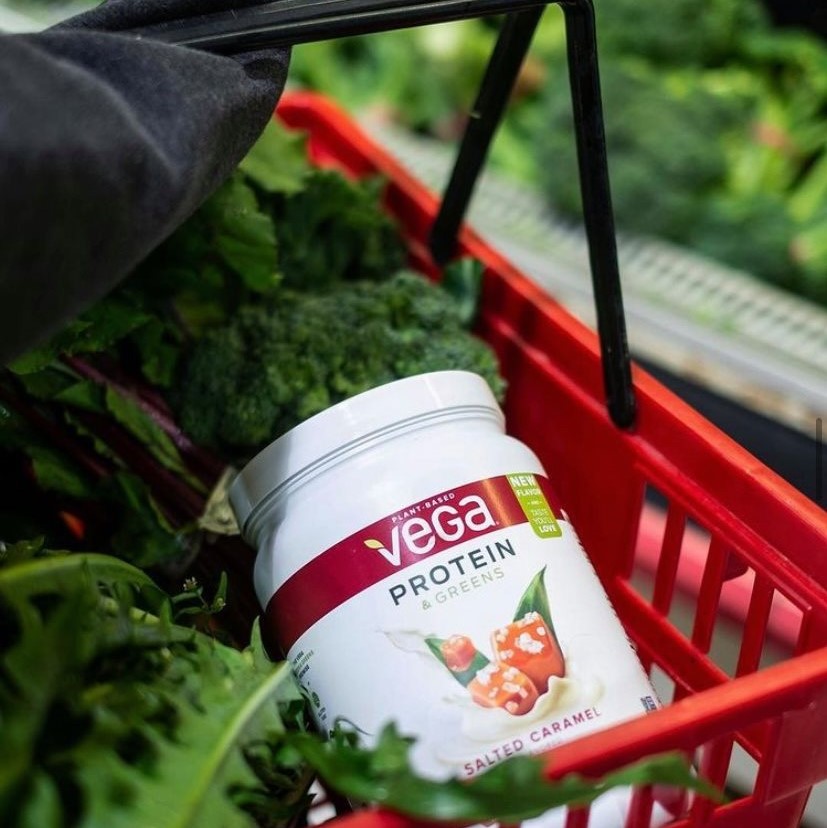

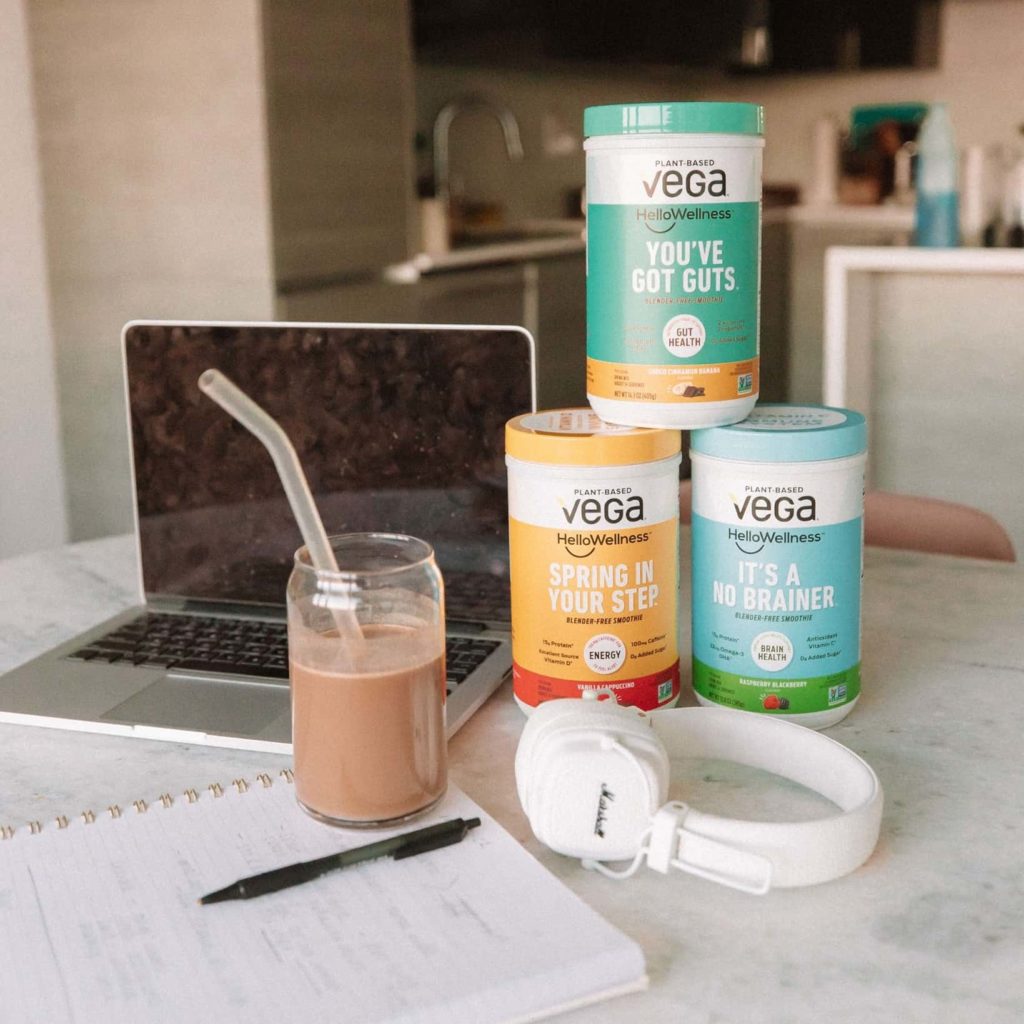
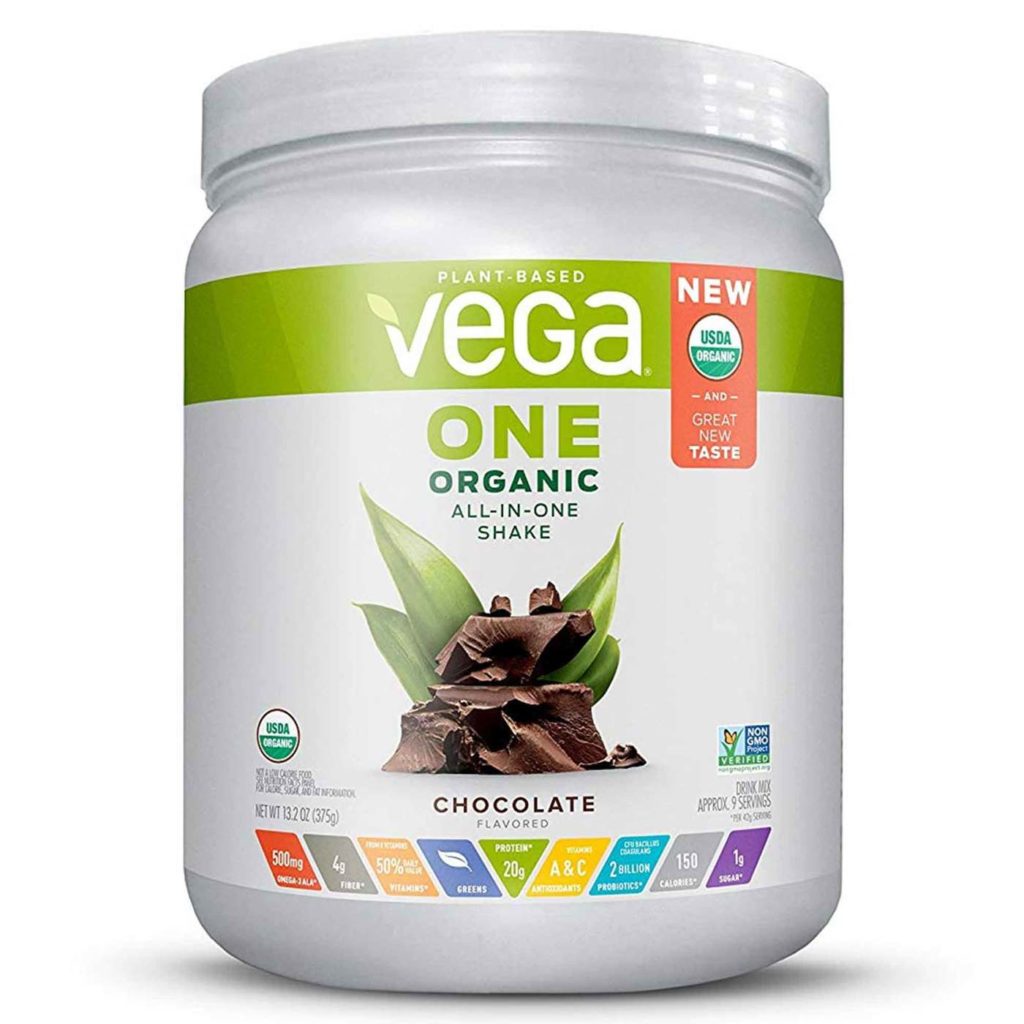
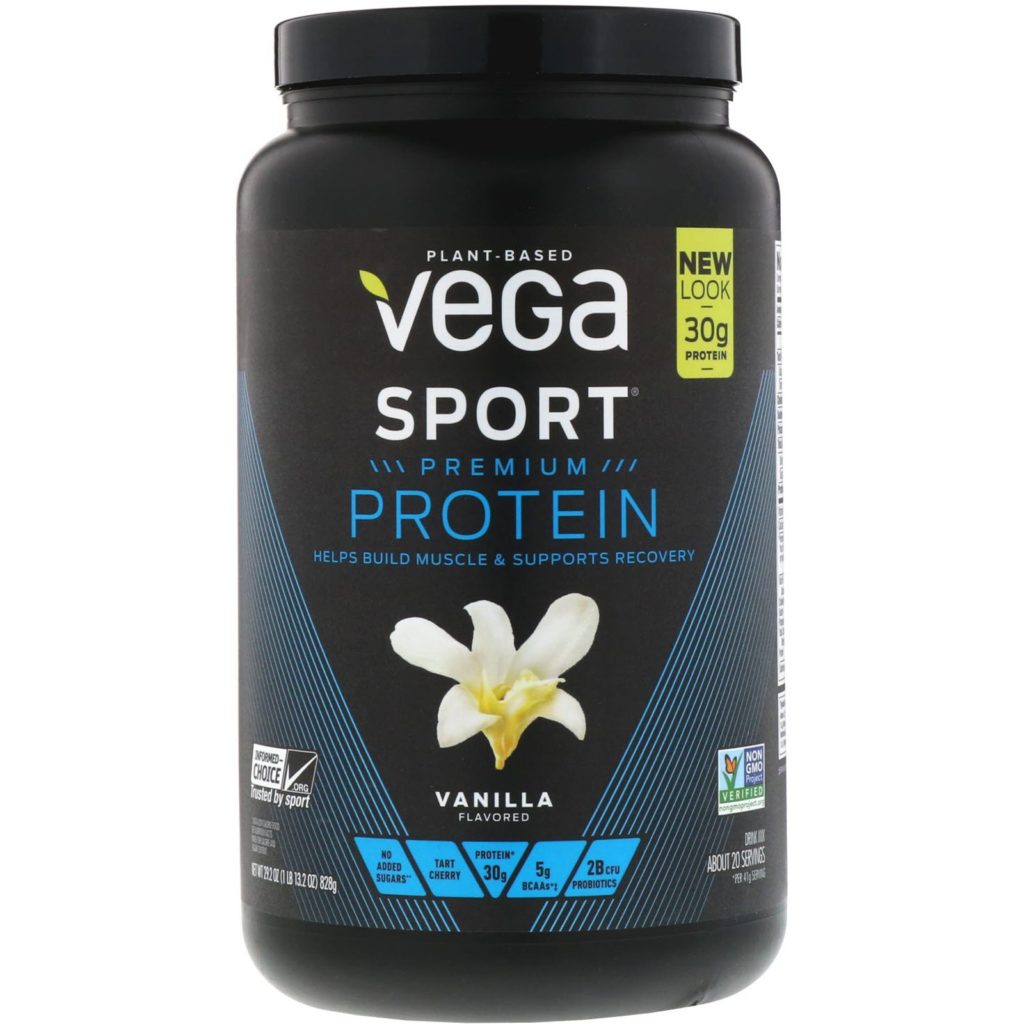
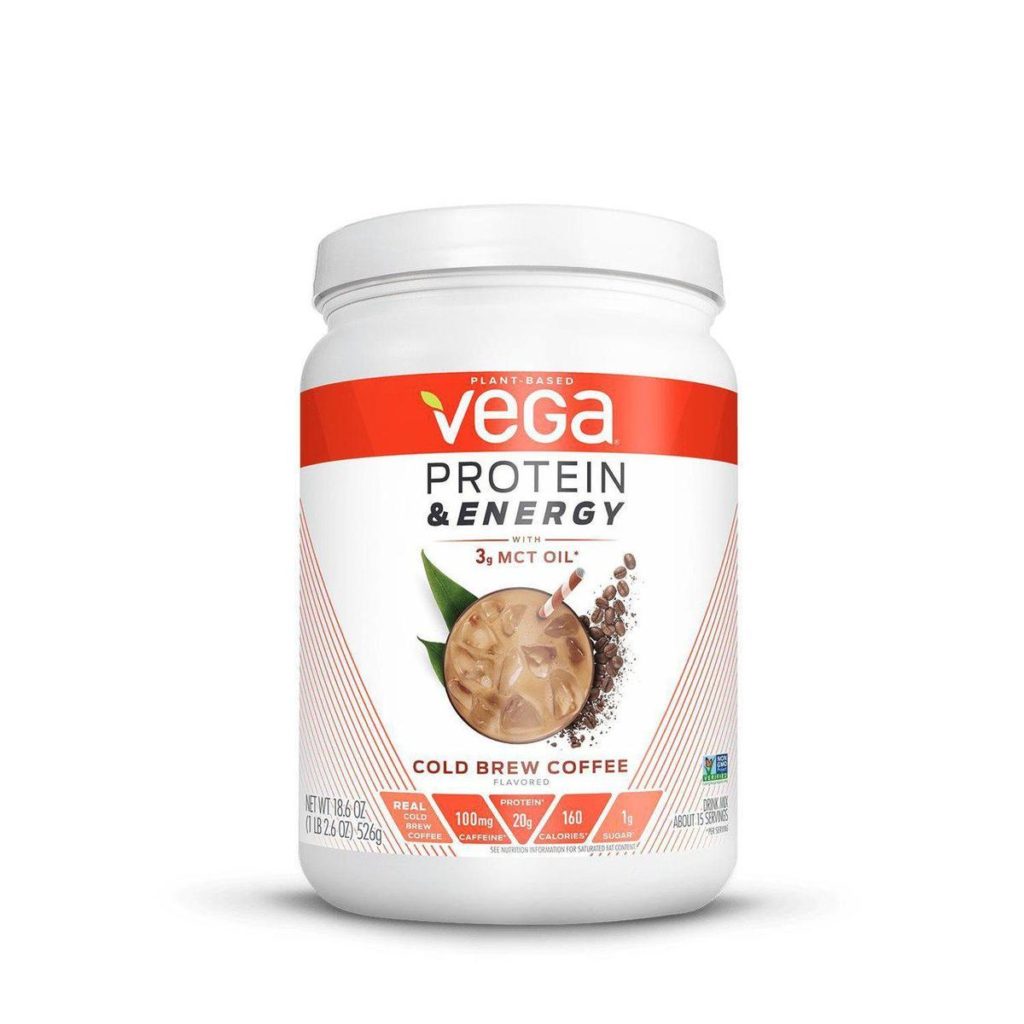
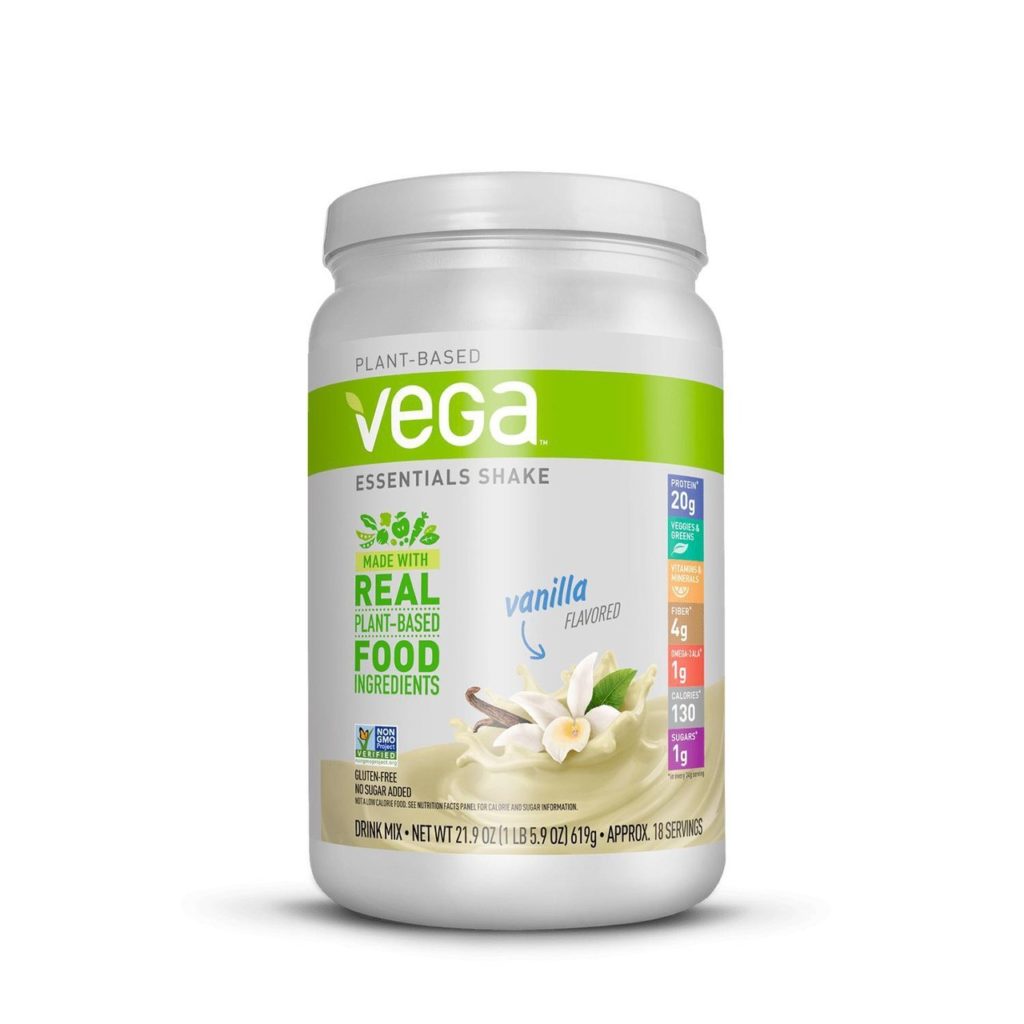
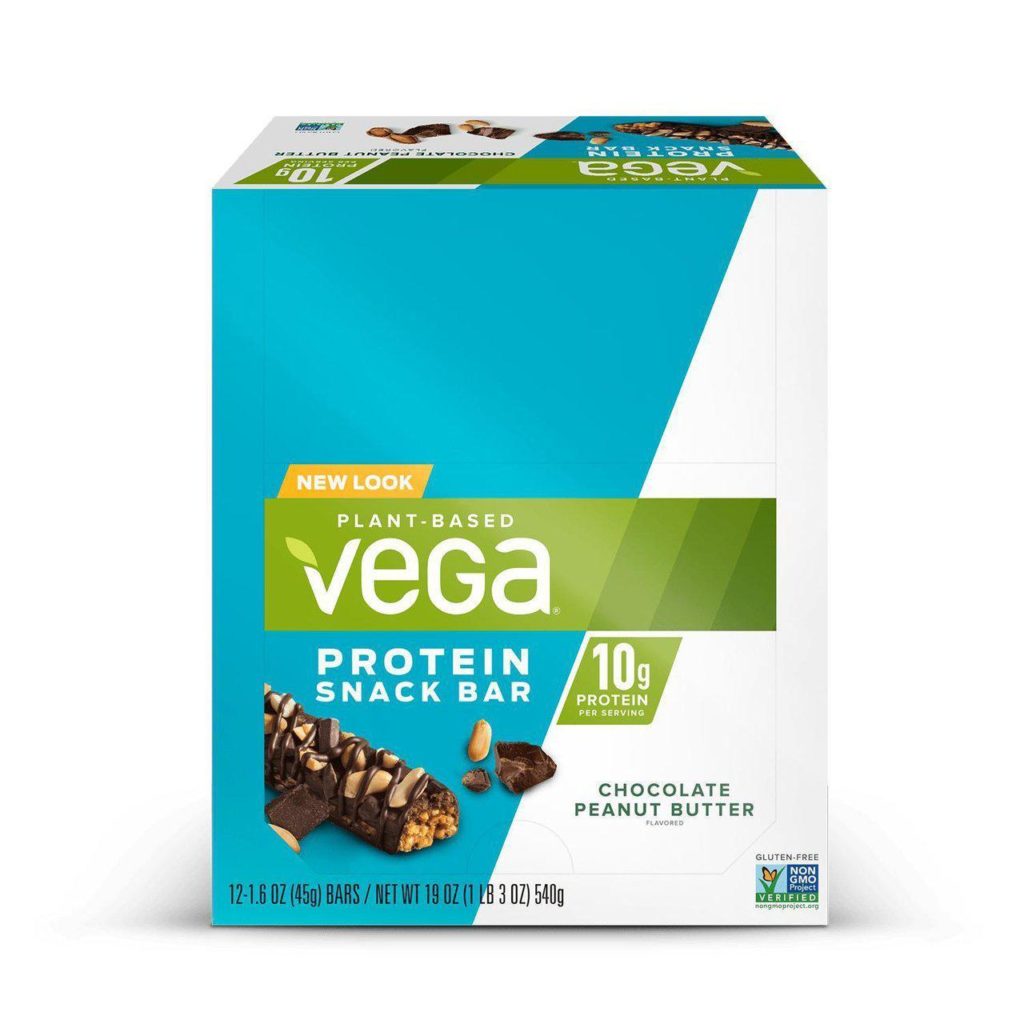

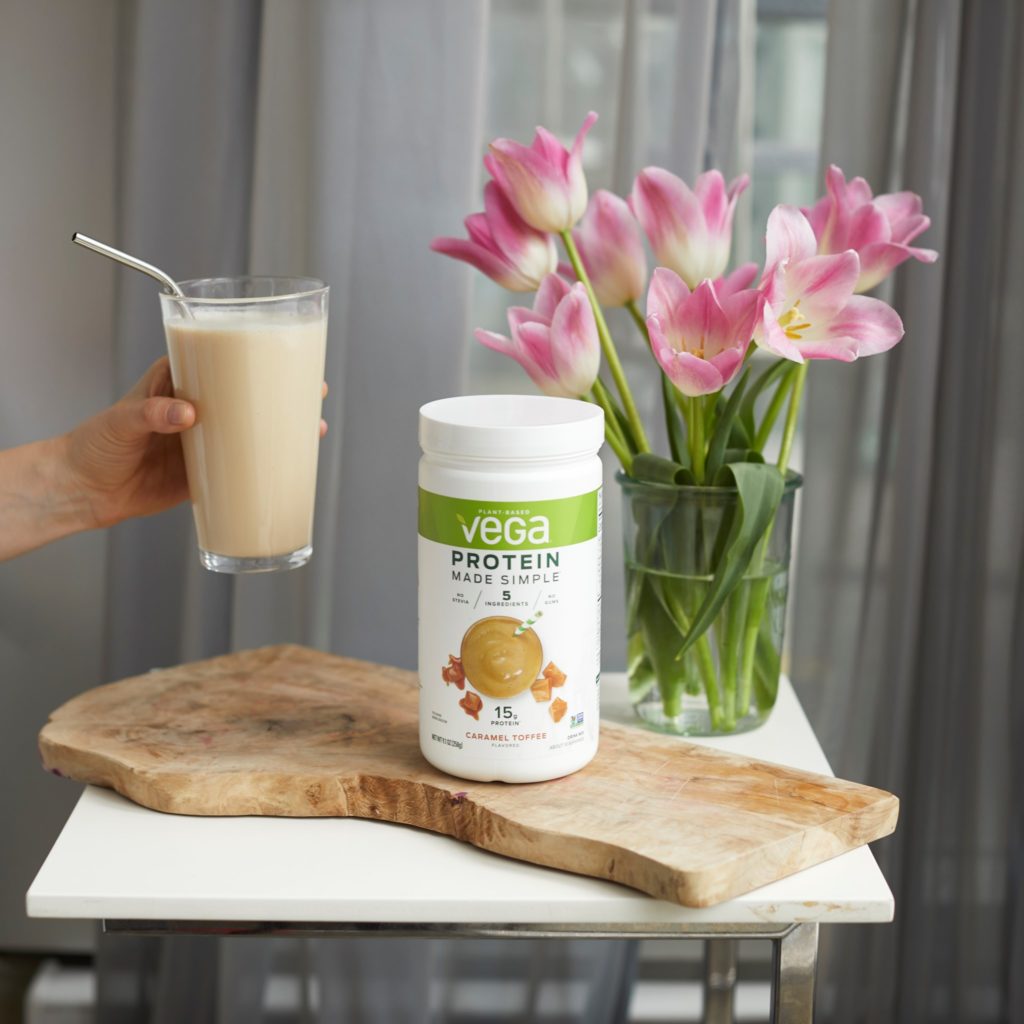
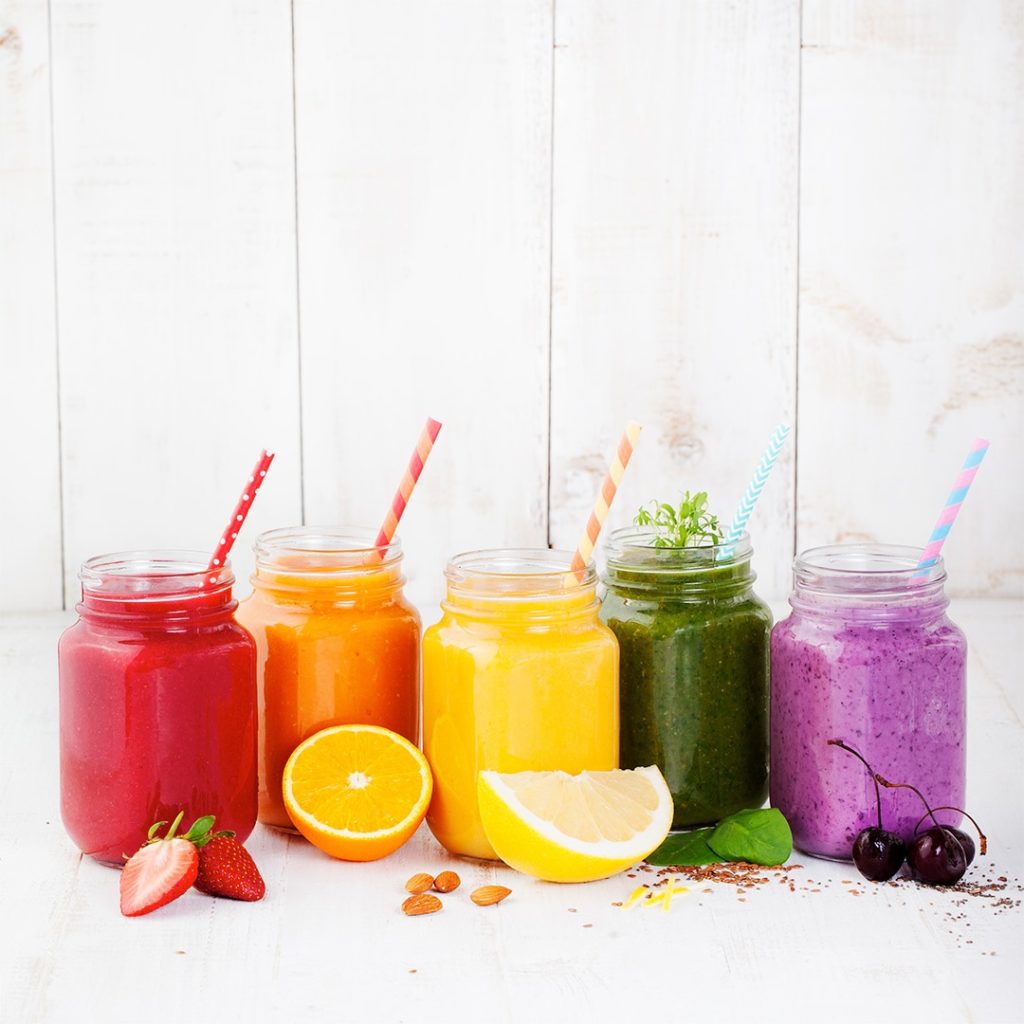
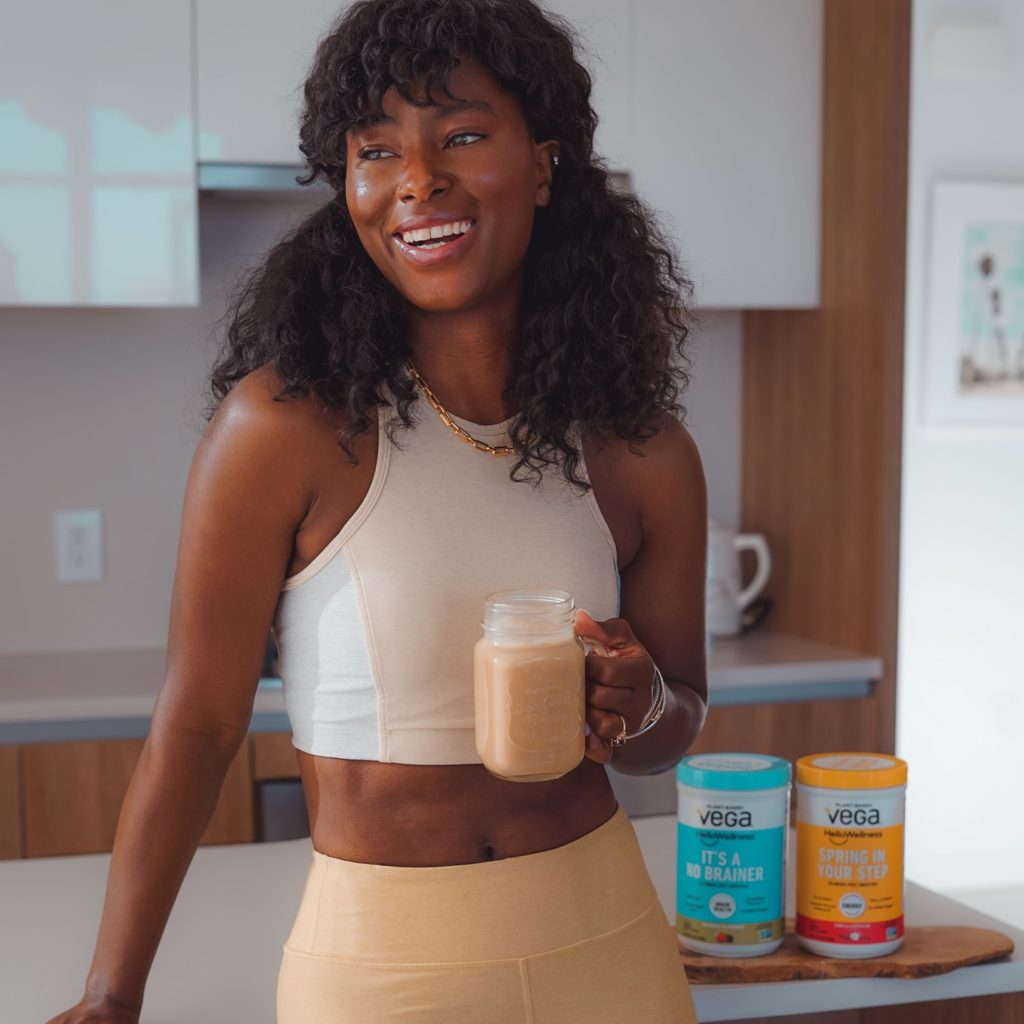
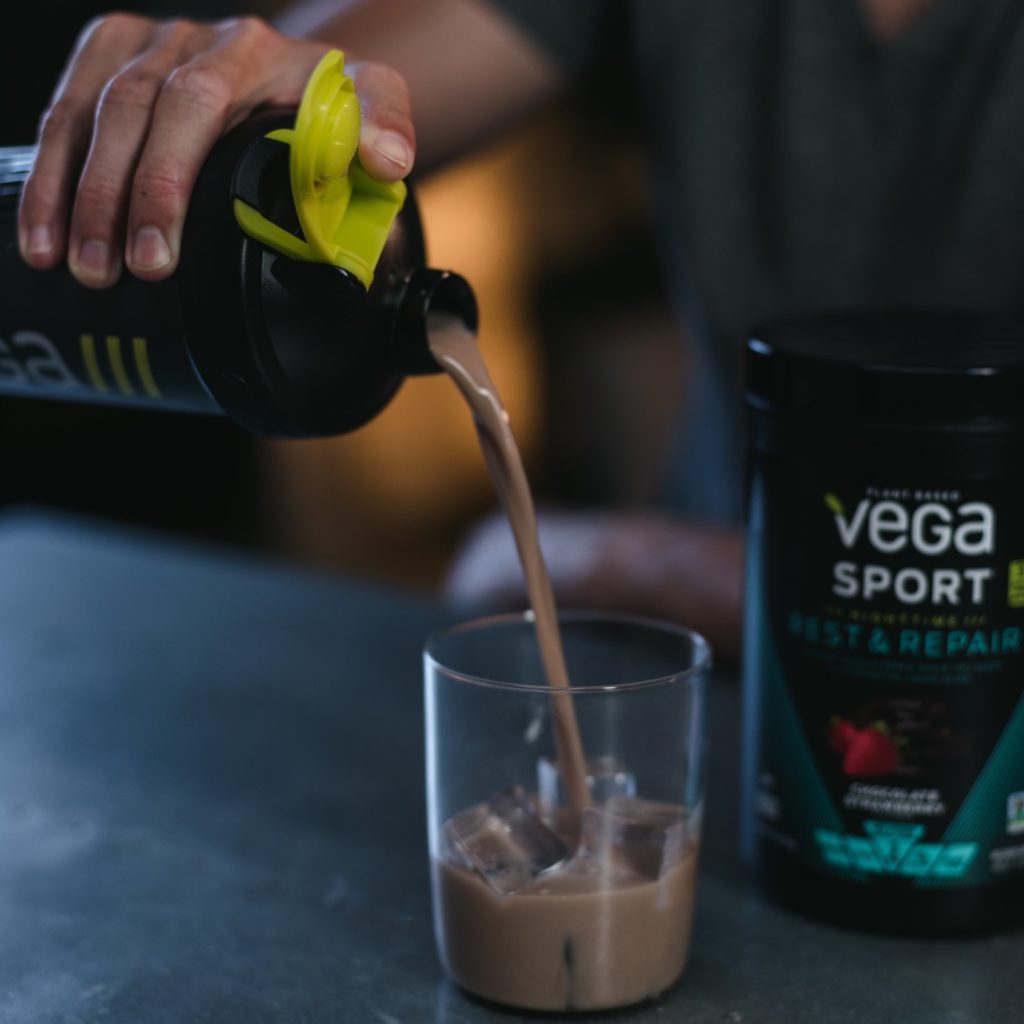

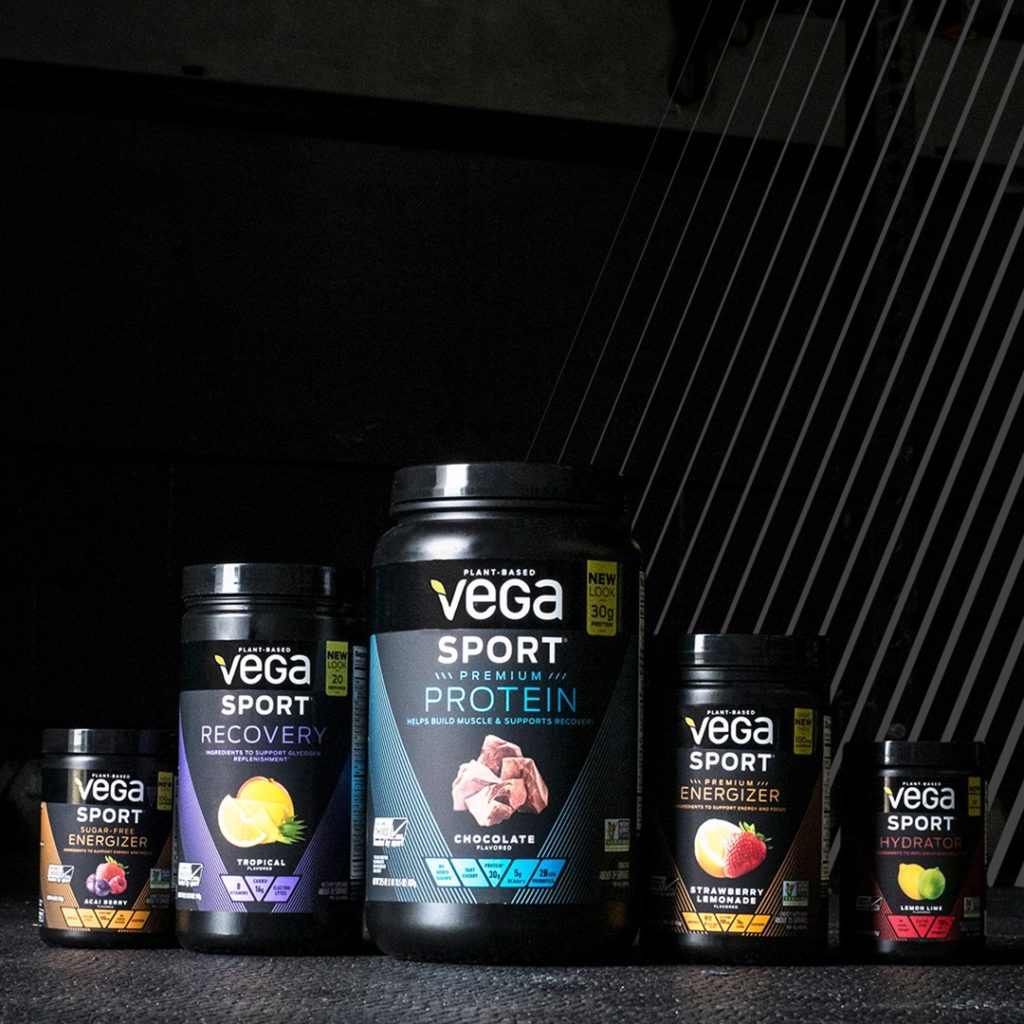

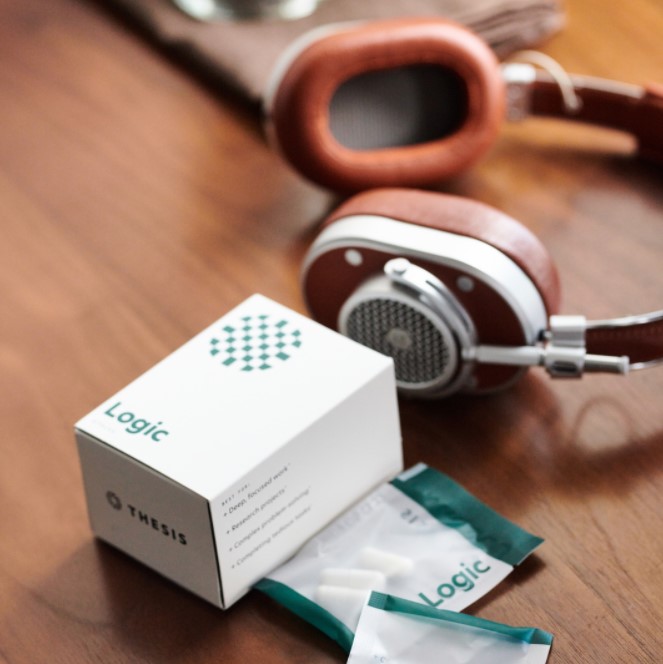


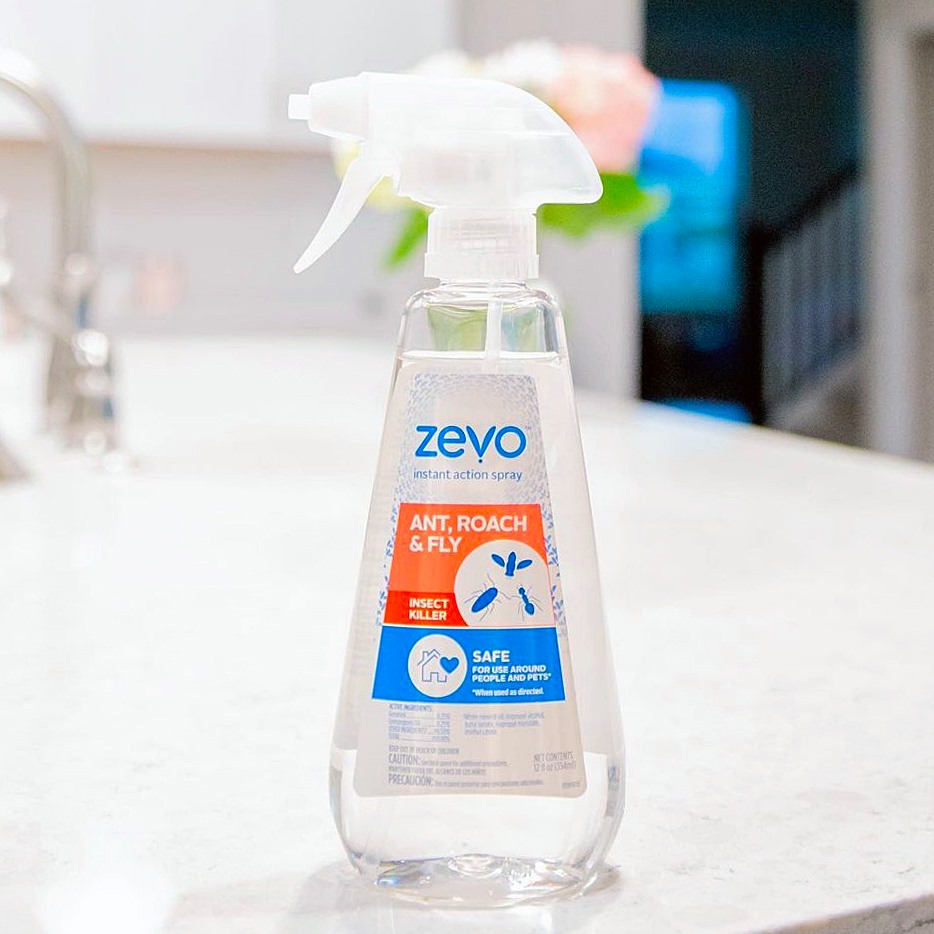

Ask the community or leave a comment
WRITE A REVIEWCustomer Reviews
Leave a review